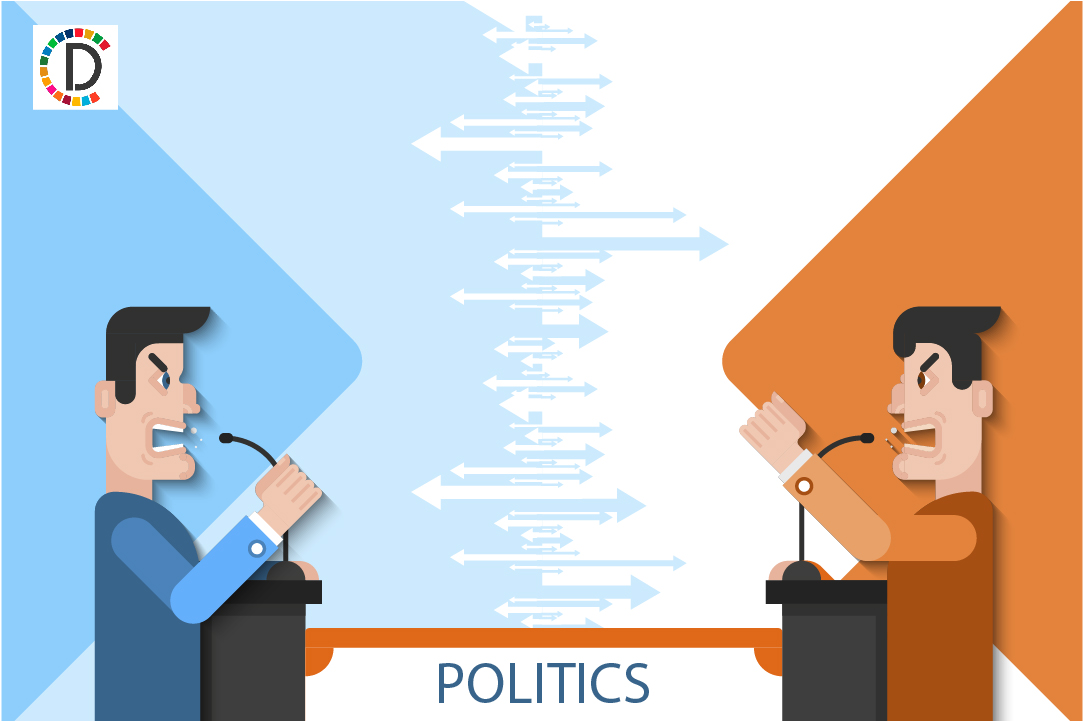Tunisian president names Ahmed Hachani as prime minister, replacing Bouden
The appointment of Hachani, who served as human resources director at Tunisia's central bank, comes amid a deepening economic and social crisis in the country. In recent weeks, the president has repeatedly blamed officials and government, saying they must act to address problems and poor public services, including frequent water and electricity cuts.

(Adds details and background) TUNIS, Aug 2 (Reuters) -
Tunisian President Kais Saied appointed Ahmed Hachani as new prime minister, replacing Najla Bouden, who ended her duties, the Tunisian presidency said early on Wednesday. The appointment of Hachani, who served as human resources director at Tunisia's central bank, comes amid a deepening economic and social crisis in the country.
In recent weeks, the president has repeatedly blamed officials and government, saying they must act to address problems and poor public services, including frequent water and electricity cuts. "There are great challenges that we must raise ... to preserve our homeland, our state and civil peace," Saied told Hachani after he took the constitutional oath.
"We will work to achieve the will of our people and the desired justice ... and to achieve national dignity," Saied added. Saied had appointed Bouden as prime minister about two years ago, after he sacked Prime Minister Hichem Mechichi and took control of almost all powers in July 2021 and dissolved Parliament in a move the opposition described as a coup.
Bouden's government, however, failed to fix the economic and social crisis, amid fears that Tunisia would be unable to pay its foreign debts due to a severe financial crisis that caused a shortage of many commodities such as bread, farina, sugar, rice and coffee. While Bouden's government supported an economic reform program to obtain a $1.9 billion loan from the International Monetary Fund, Saeid rejected any reforms that would include cutting subsidies on food and energy, saying doing so could cause acute social tensions.
(This story has not been edited by Devdiscourse staff and is auto-generated from a syndicated feed.)
- READ MORE ON:
- Hichem
- Ahmed Hachani
- Hachani
- Tunisian
- Saeid
- Mechichi
- Tunisia
- Parliament
- farina
- Bouden
- Kais Saied
- Najla Bouden
ALSO READ
Parliamentary Push for Enhanced Childcare Facilities in Construction Sector
Controversy Erupts Over SHANTI Bill's Journey Through Parliament
Controversy Erupts as Parliament Passes VB-G RAM G Bill
Parliamentary Panel Raises Alarm on Land Acquisition Violations in Tribal Areas
AfDB Hails Launch of Tunisia’s Kairouan Solar Plant, Boosting Energy Security










